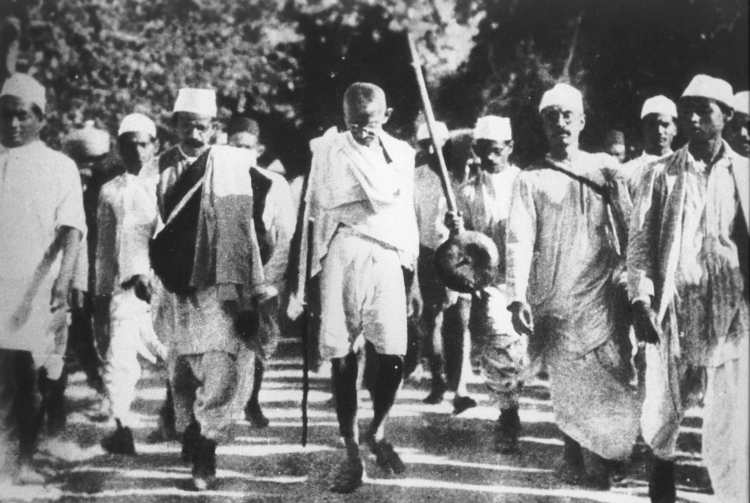Mapping Postcolonial Literature
Space and place are crucial features of the postcolonial experience. As empires collapse, new nations are formed, and the experience for people occupying the land during these times of world-historical transition produces a wide range of literary response. Our project aims to collect and curate these depictions of space and place for scholars, students, and readers of the postcolonial novel.
“For a colonized people the most essential value, because the most concrete, is first and foremost the land: the land which will bring them bread and, above all, dignity.”
Frantz Fanon, The Wretched of the Earth

Colonialism
1800-1900
Colonialism was especially virulent from the mid-nineteenth century into the 20th, as many European nations sought to exploit and conquer territory. England, France, and Belgium were the biggest imperial forces, carving up Africa and India in an effort to secure land and resources.

Postcolonialism
1950-Present
Although the “post” in post-colonialism is debated by scholars, the twentieth century witnessed a substantial global movement toward anti-colonialism. If the nineteenth century was marked by imperialism, the twentieth century was characterized by resistance. Territories that had long been subject to colonial occupation began a long process of opposition and nationalization.
On Violence and Non-violence
While many remember Gandhi’s advocacy for non-violent resistance to British colonial rule in India, others rebelled against colonialism with physical violence. Both tactics were used during this period. As Frantz Fanon famously described the process of decolonization: “In its bare reality, decolonization reeks of red-hot cannonballs and bloody knives” (Wretched of the Earth, “On Violence,” 3).
